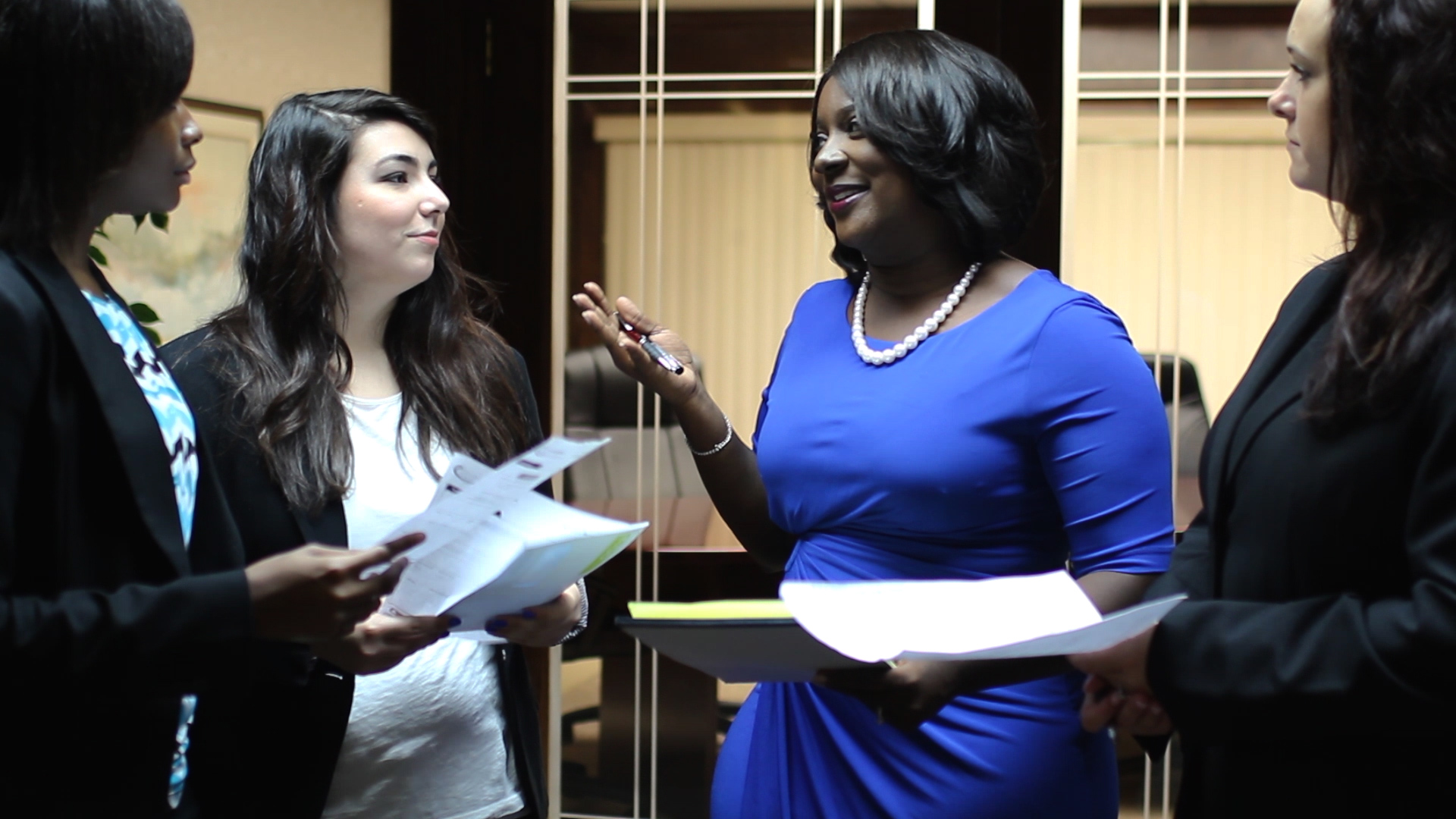What is Mediation?
Mediation is a form of dispute resolution. Instead of having a hearing before a judge or jury, people often bring their complex legal issues to the mediation table in an effort to voice their concerns and settle their issues.
Why Should I Mediate?
Mediation can often save parties TIME and MONEY because they can save on the costs of filing fees, time in court, attorney’s fees, and court costs. Parties who mediate their cases are often more satisfied with the outcome of their cases than those who go before the Judge, because during a mediation all parties have a hand in the way the case is resolved.
Mediation fees are almost always split between the parties, so in the long run both parties see an added financial bonus in addition to the other benefits. Unlike court, Mediation can be scheduled according to your personal flexibility and can last as little or as long as necessary to meet the needs of the parties.
Types of Cases to Consider for Mediation
Mediation Services
Despite your best efforts you may one day find yourself in the court system. Whether you have been sued or have taken steps to sue, the good news is that you still have the power to keep some authority in your own hands.
Many courts require parties to participate in mediation prior to allowing them the opportunity to have a court date. This speaks volumes to the value of the mediation process. Instead of leaving your fate to a judge or jury of your peers, consider coming to the mediation table to attempt to settle your dispute.
Attorneys are not required to attend mediation, however, if you have retained an attorney, we welcome their involvement in the mediation process. You have a right to choose your mediator and since Attorney Duvernay is State certified, she is qualified to mediate throughout the State of Georgia. We can review the complaints and counterclaims prior to mediation to get a better understanding of the underling issues and arrive at a resolution.

Possible Mediation Outcomes

